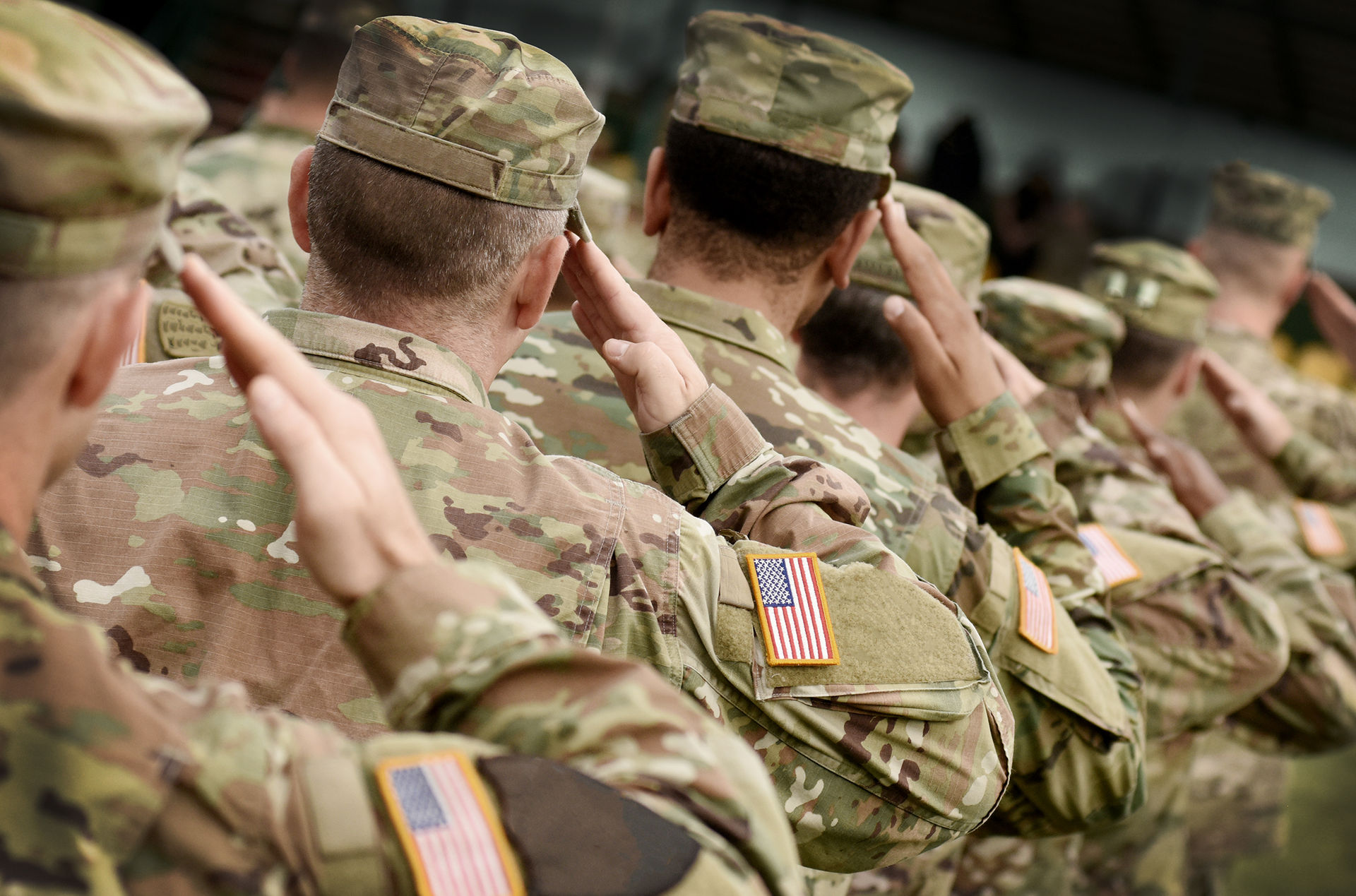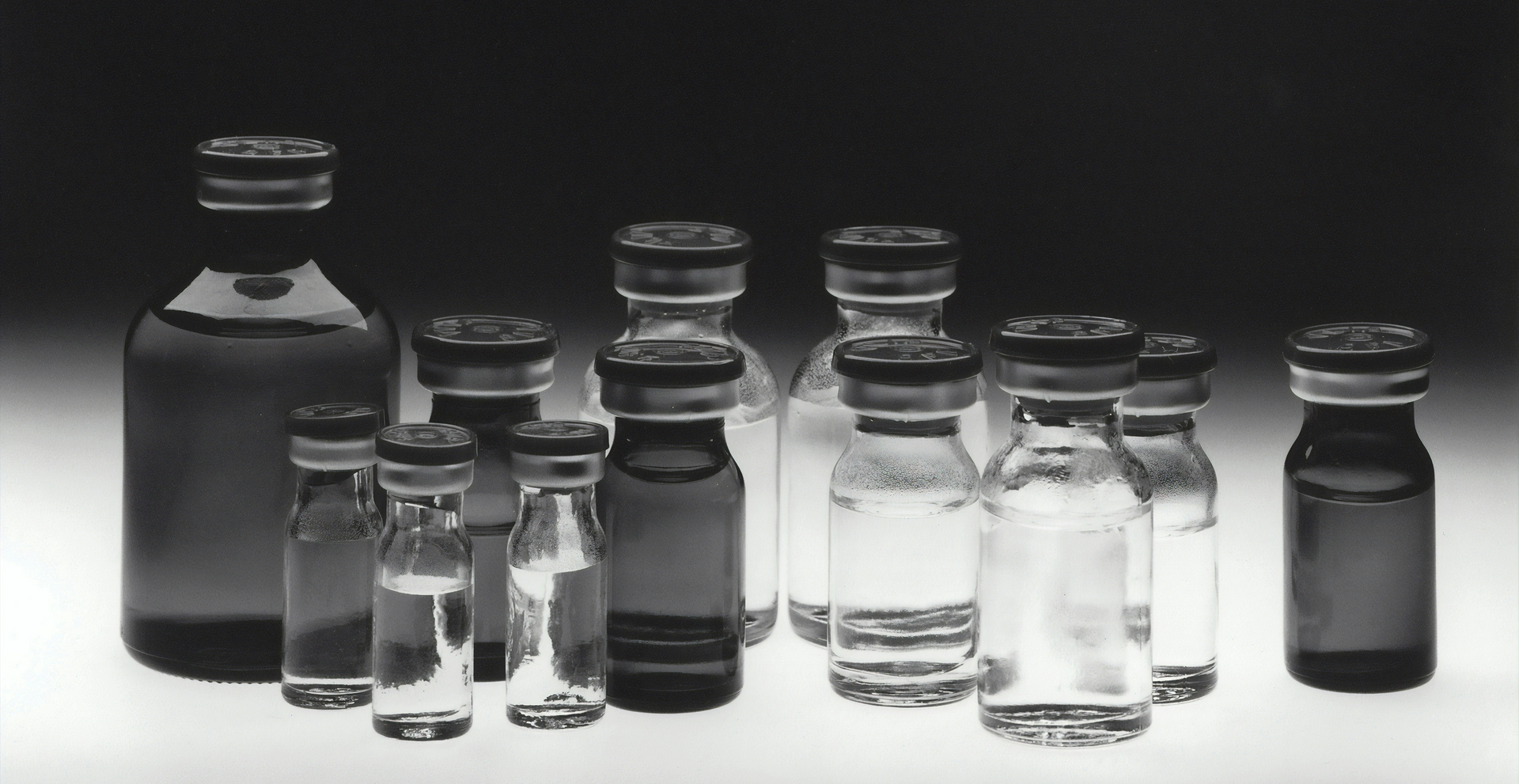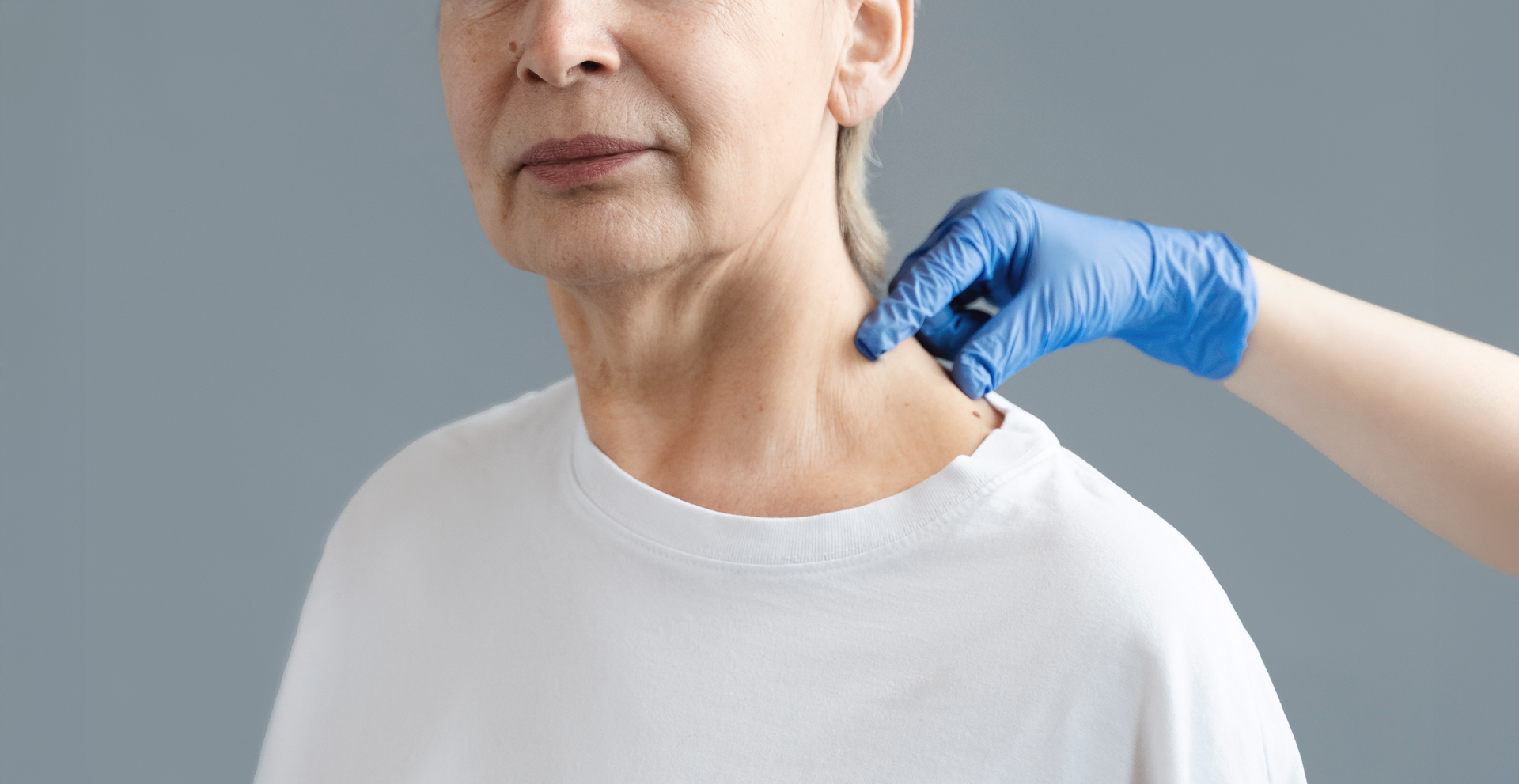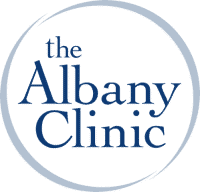How Many Veterans Have PTSD?

The Albany Clinic • December 28, 2021
Untold numbers of veterans from all human conflicts have PTSD, but that’s the result of the sheer numbers involved, misdiagnosis, and many other influencers. In the last several decades, research has improved exponentially to identify symptoms, triggers, and methods to relieve the physical and emotional consequences of the illness.
Ptsd Definition
According to the U.S. National Institute of Mental Health, post-traumatic stress disorder (PTSD) is defined as a “disorder that develops in some people who have experienced a shocking, scary, or dangerous event. It is natural to feel afraid during and after a traumatic situation. Fear triggers many split-second changes in the body to help defend against danger or to avoid it.” Regardless of age, gender, ethnicity, religion, politics, or wealth, it can happen to anyone.
Can Ptsd Be Cured?
Like most other mental health illnesses, PTSD isn’t something that can be “cured” in the traditional sense. It’s not an illness you can take medicine for, recover from, and later be tested for without evidence of previous infection. However, once you’ve been diagnosed, you can begin one or more treatment programs to help manage its symptoms. The key, of course, is recognizing you’re ill and committing to getting better. Improvement may take some time.
Risk Factors
- You survived a dangerous event and trauma
- You were seriously hurt
- You saw another person who was hurt
- Childhood trauma
- Feelings of horror, powerlessness, or extreme fear
- Absence of social support after a traumatic event
- You’re trying to cope with additional stress following a trauma, such as losing a loved one, experiencing pain and injury, unemployment, or homelessness
- There’s a history of mental health issues or substance abuse in yourself or biological family members
What Can Promote Recovery?
Some factors that could encourage recovery following trauma include:
- Searching for support from others, including friends and family
- Locating a support group following a traumatic event
- Learning to feel optimistic about your actions in the presence of danger
- Developing a positive coping approach or a means to navigate through the distressing event and take lessons from it
Implementing these factors can enable you to act and react effectively even when you feel fear.
How Many Veterans Have Ptsd?
According to the National Center for PTSD, part of the U.S. Department of Veterans Affairs and a leading authority on post-traumatic stress disorder in veterans, the number of veterans who have PTSD varies by service era:
- For veterans who fought in Operations Iraqi Freedom (2003-2011) and Enduring Freedom (2001-2014), almost 11 to 20 of them (or between 11 and 20 percent) have PTSD in a particular year.
- For veterans who saw action in the Gulf War (January – February 1991), about 12 percent experience PTSD in a particular year.
- Of United States veterans who saw combat during the Vietnam War (between the early 1960s to 1975), about 15 percent had been diagnosed with PTSD as of the most recent survey in the late 1980s (the National Vietnam Veterans Readjustment Study). It’s estimated that about 30 percent of Vietnam veterans have had PTSD during their lifetime.
Of course, symptoms that today would be identified with post-traumatic stress disorder pre-date the 20 th century by hundreds of years. Since the Revolutionary War, symptoms like avoidance, irritability, and anger have affected veterans of every U.S. military engagement. PTSD-like symptoms have also been recorded in famous literary examples, including works by William Shakespeare (Henry IV, Part I) and Greek historians (Herodotus), and other ancient writers, poets, and philosophers. U.S. combat veterans who fought and were injured during fighting in Vietnam may have been some of the first people to be treated with ketamine – as an anesthetic.
Diagnosis & Treatment
If you’re a veteran and you think you have PTSD, the first place you should go for diagnosis is your local clinic sponsored by the U.S. Department of Veterans Affairs (VA). The VA is a globally recognized organization with decades of expertise in diagnosing and treating PTSD and other mental illnesses in veterans. You’ll likely undergo a thorough physical exam and psychiatric evaluation, and your symptoms will be compared to criteria in the DSM-5 or other literature. Afterward, treatment may include individual or group psychotherapy, self-help, support groups, antidepressants, or medicine like ketamine to help curb your symptoms.
Final Thoughts
If you have PTSD and other mental illnesses but ignore the symptoms, they may worsen with time. Allowing symptoms to fester, untreated, for years on end could have severe consequences for not only your overall wellness but also for friends and family. Get help today .
The post How Many Veterans Have PTSD? appeared first on The Albany Clinic.







